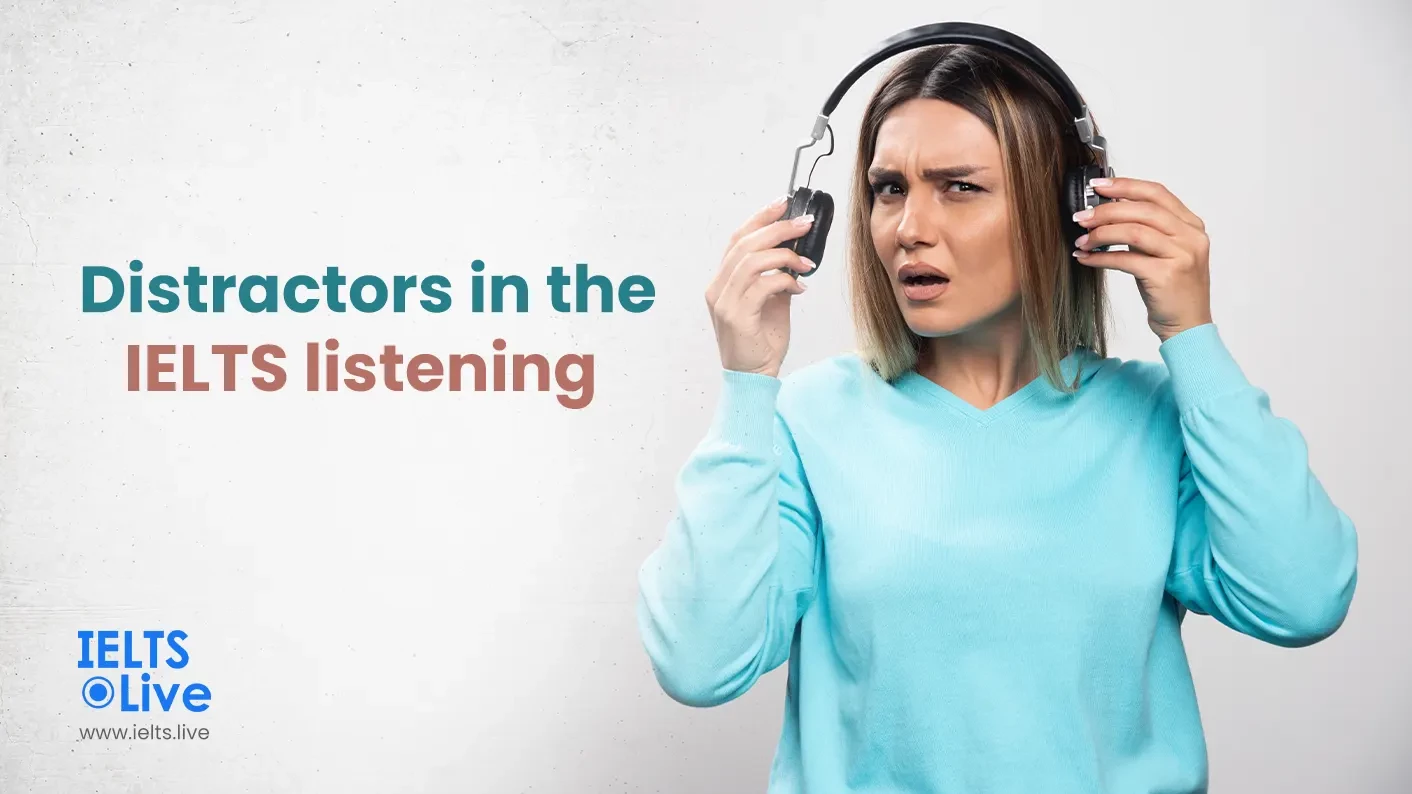
Many candidates fail to achieve their desired scores in the IELTS listening test despite knowing good English. And why do you think this happens?
Yes, distractors indeed.
Distractors are your biggest enemy in the listening section. But what exactly are distractors? They are often seen in dialogues where a speaker says something and is corrected by the other speaker.
This is where most people go wrong. Falling into the trap of distractors can significantly lower your score. But no worries. We’re here to save the day and help your perfect listening test score.
You may also like: Listen Up! A Comprehensive Guide To Preparing For The IELTS Listening Test
Now let’s look at a conversation to help you understand distractors better. You may have come across a conversation such as this one while practicing for the IELTS listening part.
Notice that in this conversation the woman was confused between her date of departure and arrival. This has been done to distract the candidates from the real answer. So the potential but wrong answer here is the 16th of October and the real answer is the 17th of October.
It is important that you remain attentive and focused throughout the listening test. And now that you know what distractors are you should be expecting them as well.
Types of Distractors in IELTS Listening
Now let’s move on to the types of distractors and how to tackle them. It is essential for you to properly understand all of them otherwise it will be very difficult to achieve the desired score.
1. Similar Sounding words
A possible way you may get an inaccurate answer is by mishearing a word because the correct word sounds quite close to the incorrect word. Examples of this can be words like Australia and Austria, fifteen and fifty etc. Now let us look at a conversation:
Question: What is the price of one ticket?
Speaker 1: Hi, I’m here to get a ticket for the show at the theatre tomorrow. How much is one ticket?
Speaker 2: Thanks for showing interest ma’am. The price of a ticket is 15 pounds.
Speaker 1: Pardon, 50 pounds? That’s quite expensive!
Speaker 2: No ma'am, it's 15 pounds.
Imagine that you’re listening to this conversation and not reading it. Fifteen and fifty are very similar-sounding words so it is quite easy to confuse the two. So make sure to listen carefully.
2. Previously mentioned words
This is the most common sort of distraction, and it appears in practically every IELTS listening question type. This is where, for example, you'll be answering a multiple-choice question and looking at the answer alternatives when the person in the audio suddenly mentions the answer option you're looking at.
That must be it, you decide! Well, perhaps not. Just because something is mentioned does not make it correct.
Sometimes the IELTS test makers play another cunning trick on us by repeating words or phrases from the listening passage. Even the most diligent test-takers could find themselves confused by these distractors.
Assume the passage describes the benefits of regular exercise and a question regarding the benefits of physical activity is asked. "The benefits of regular exercise" could be one of the distractor options.
Although it incorporates terms from the passage, it is not the proper response because it simply repeats what has already been stated. The goal here is to listen attentively while considering the full context.
3. Synonyms
Lexical comprehension is essential for good IELTS performance. The test designers are well aware of this and frequently use synonyms as distractors.
They replace crucial words or phrases in the material with synonyms, making it difficult to recognize the correct answer. If the passage mentions "environmentally friendly," a distractor option might be the synonym "eco-friendly."
To resist this type of distractor, you must broaden your vocabulary and become acquainted with a wide range of synonyms. You'll be better able to recognize these challenging distractors and choose the most appropriate answer if you actively increase your vocabulary and rely on contextual signals.
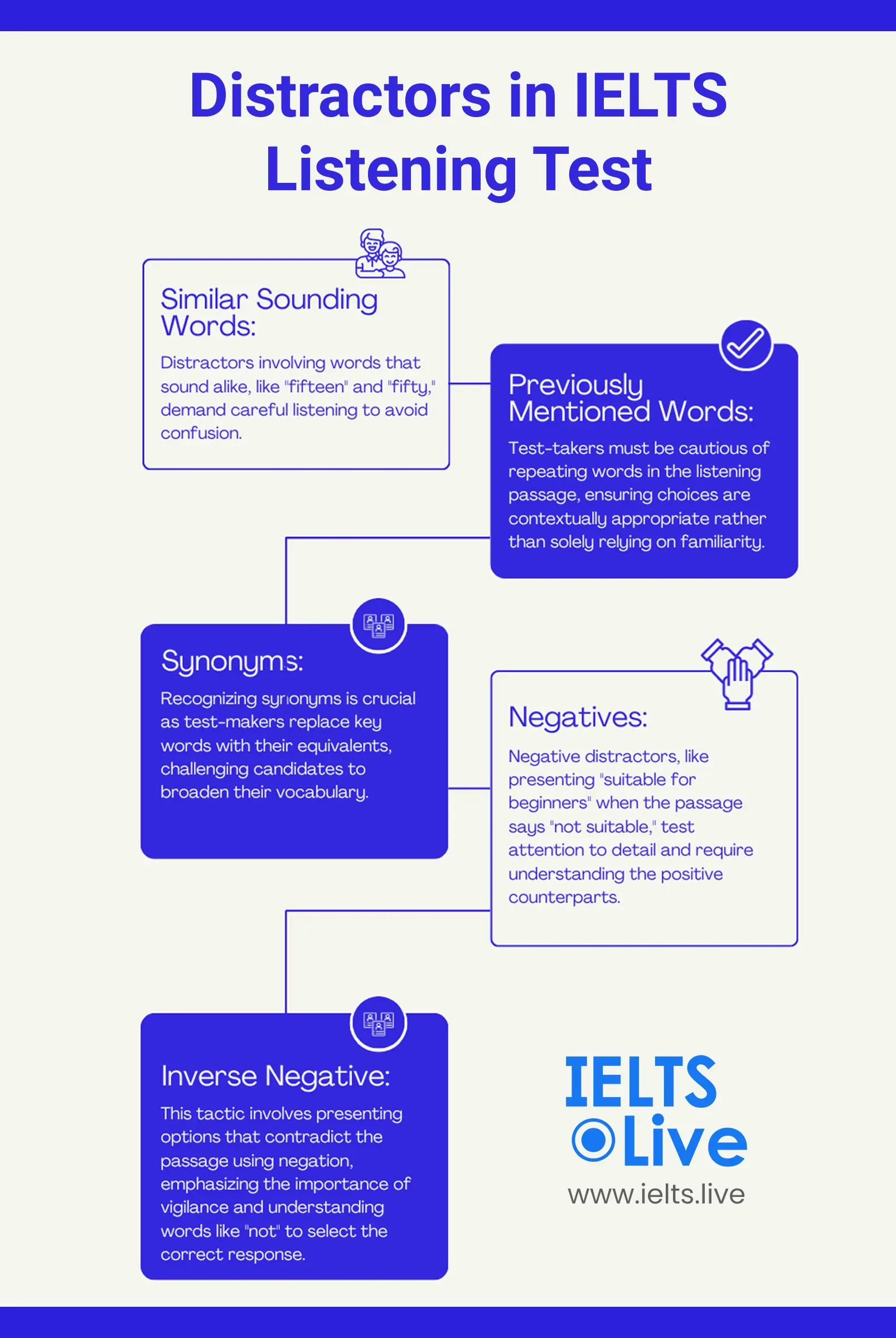
4. Negatives (h3 heading)
For many test takers, negatives might be a stumbling factor. Distractors in the form of negative words or phrases are included in the IELTS Listening Test. These selections are intended to confuse you and test your attention to detail.
Assume the section says "not suitable for beginners," and a question asks about the intended audience. One of the distractor choices may be "suitable for beginners."
When negative words are used, it is necessary to use caution and pay close attention. Check the question again and make sure you understand the positive counterpart. You can avoid falling into their trap by being aware of the disadvantages and analysing their implications.
5. Inverse Negative (h3 heading)
In addition to using negatives as distractors, the test designers also use the inverse negative strategy. Using the negative options that conflict with the data in the listening passage includes this. It's a cunning tactic to deceive people who aren't paying close attention.
One of the distractor options might be "The event will take place on Saturday," for instance, if the passage states, "The event will not take place on Saturday." Test-takers who don't catch the negation in the original statement will be misled by this inverse negative distractor.
Actively listening for the intended meaning and taking the context into account can help you overcome this kind of distractor. Pay attention to negation words like "not" and "no," and understand their significance.
You can choose the right response even when presented with these inversely negative options by remaining vigilant and carefully considering the available data.
Some Tips to Avoid Distractors in the IELTS Listening Test
- Learn about the various kinds of distractions. You'll be able to spot distractors on the test more quickly if you are aware of the typical types, which include synonyms, similar words, words that have already been used, already mentioned words, negatives, and inverse negatives.
- Enhance your listening skills by immersing yourself in English-language audio content like podcasts, newscasts, or movies. Your ears will become more adept at accurately identifying important information and removing background noise as a result.
- Instead of getting caught up in particular words or phrases, pay attention to the passage's overall context. You can make better decisions if you comprehend the information's main points and how it is presented.
- Before you listen, read the questions. Before the audio starts, quickly skim through the questions to get a sense of what to listen for. You can anticipate the information you need and weed out extraneous details with the aid of this pre-reading.
- Take notes as you listen. Making notes as you hear can help you focus and remember what you have heard. Additionally, it enables you to consult your notes when responding to the questions.
- When reviewing the answer options, be mindful of the fact that distractor options are there to intentionally lead you astray. Spend some time considering each choice's applicability to the listening passage.
- Check negatives and inverse negatives twice. Be especially watchful when negatives are used as answer or question choices. Be mindful of the presence or absence of negation words and take into account how they affect the statement's meaning.
- Build a strong vocabulary. Extend it by routinely learning new words and their synonyms. This will enable you to recognize when a distractor substitutes a keyword or phrase from the listening passage with its synonym.
- Practice with sample tests to become familiar with the format and types of questions that will be asked during the IELTS Listening Test. This will train you to recognize and effectively avoid distractions in addition to enhancing your comprehension abilities.
Always remember that practice makes perfect! The more you expose yourself to listening materials and sit for mock tests, the more confident you will be in dealing with distractors. Stay focused, keep a positive attitude, and approach the test strategically.
Best wishes!




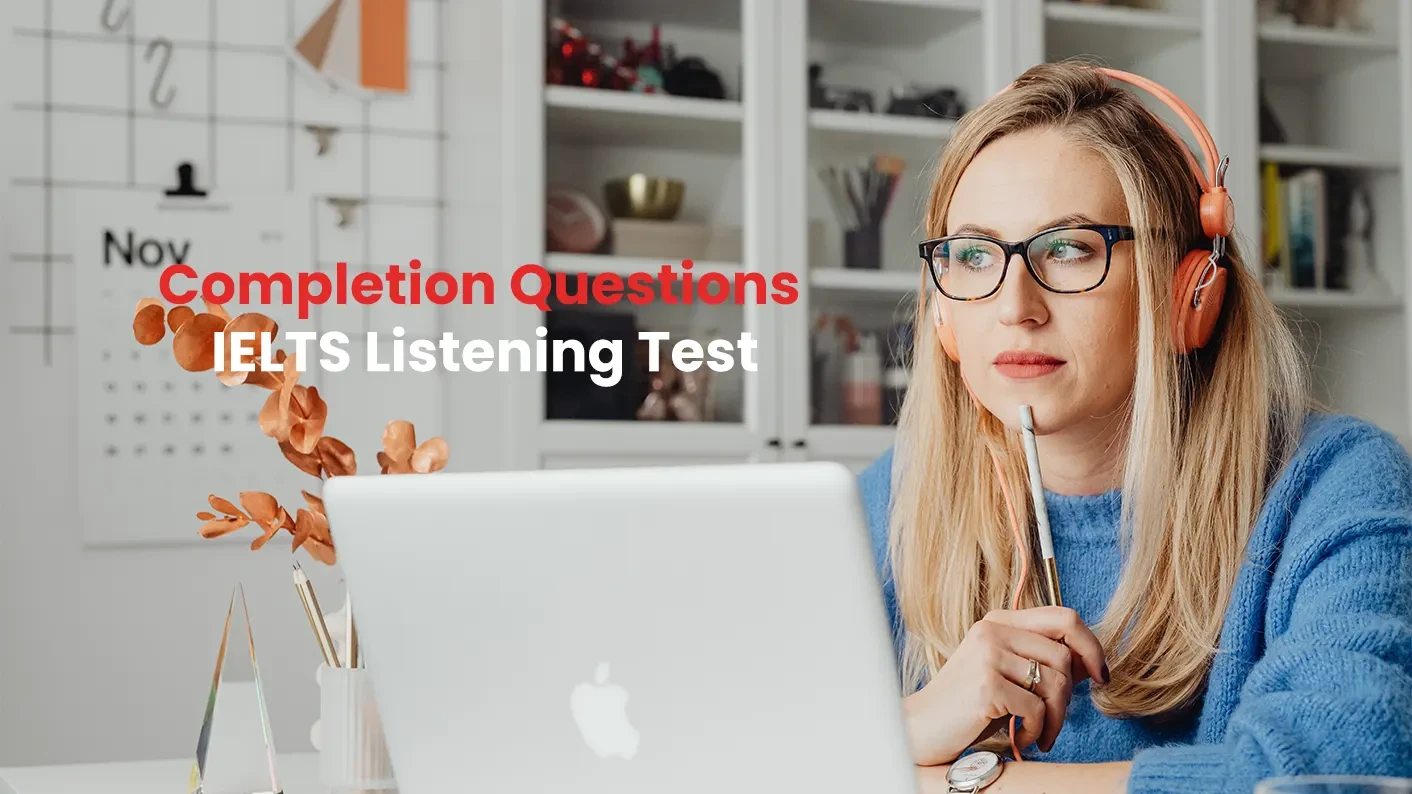
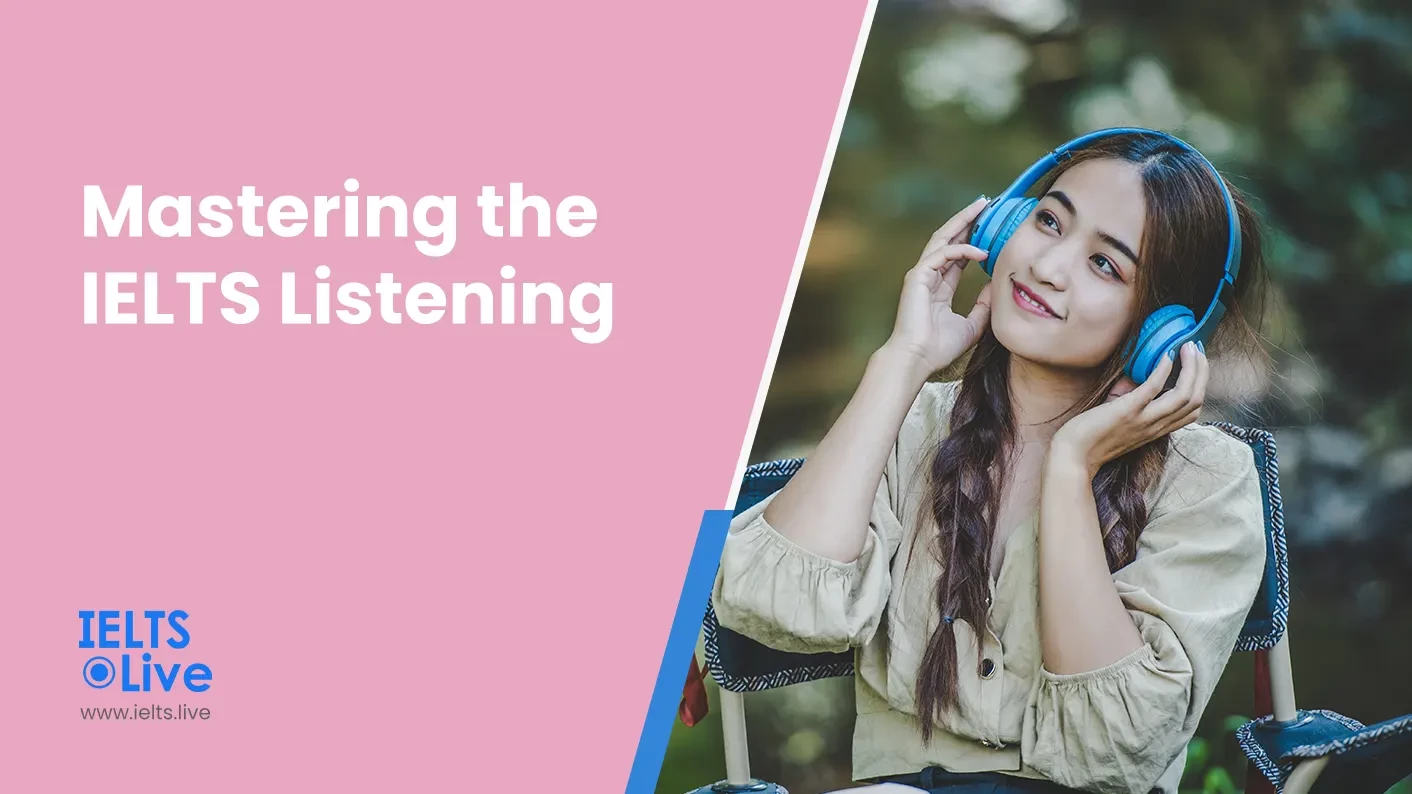
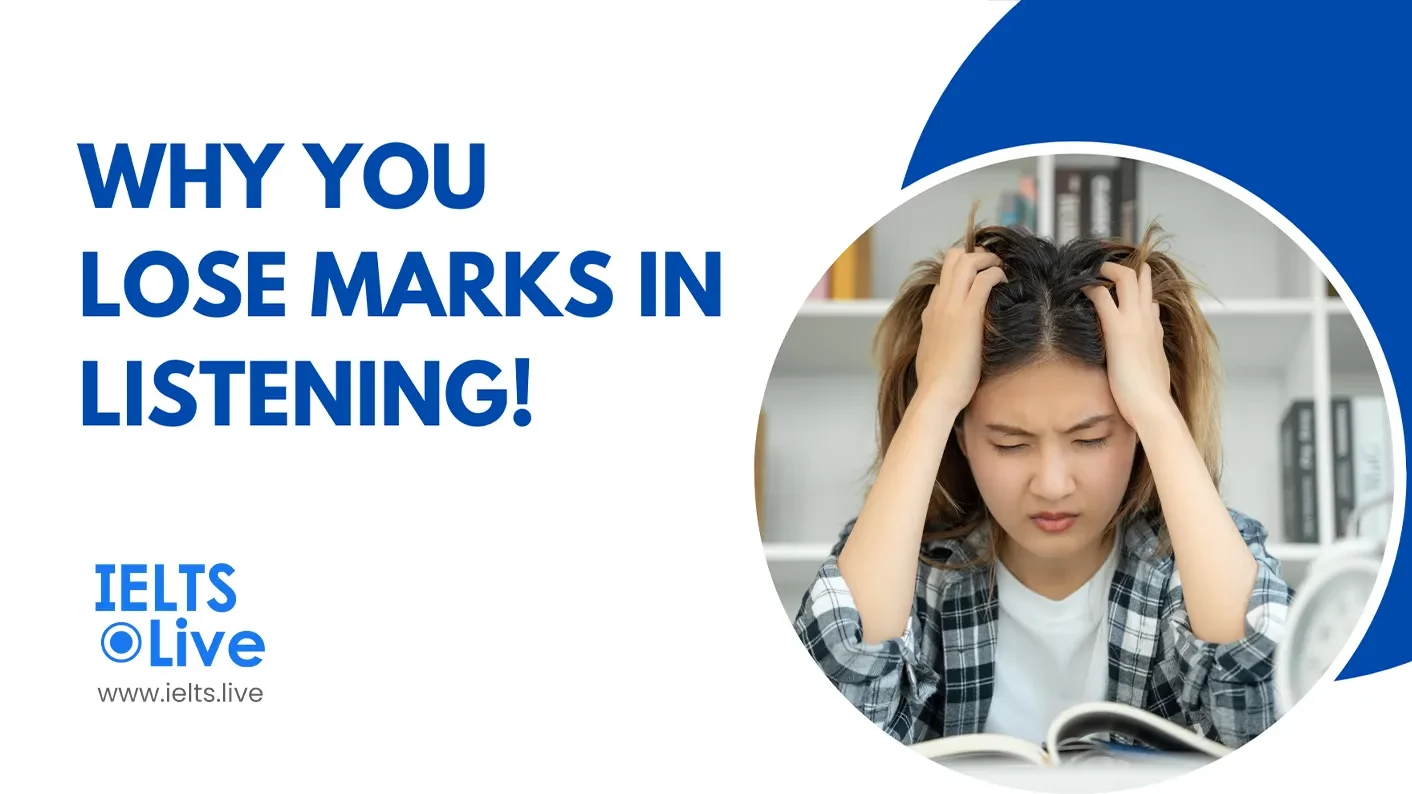

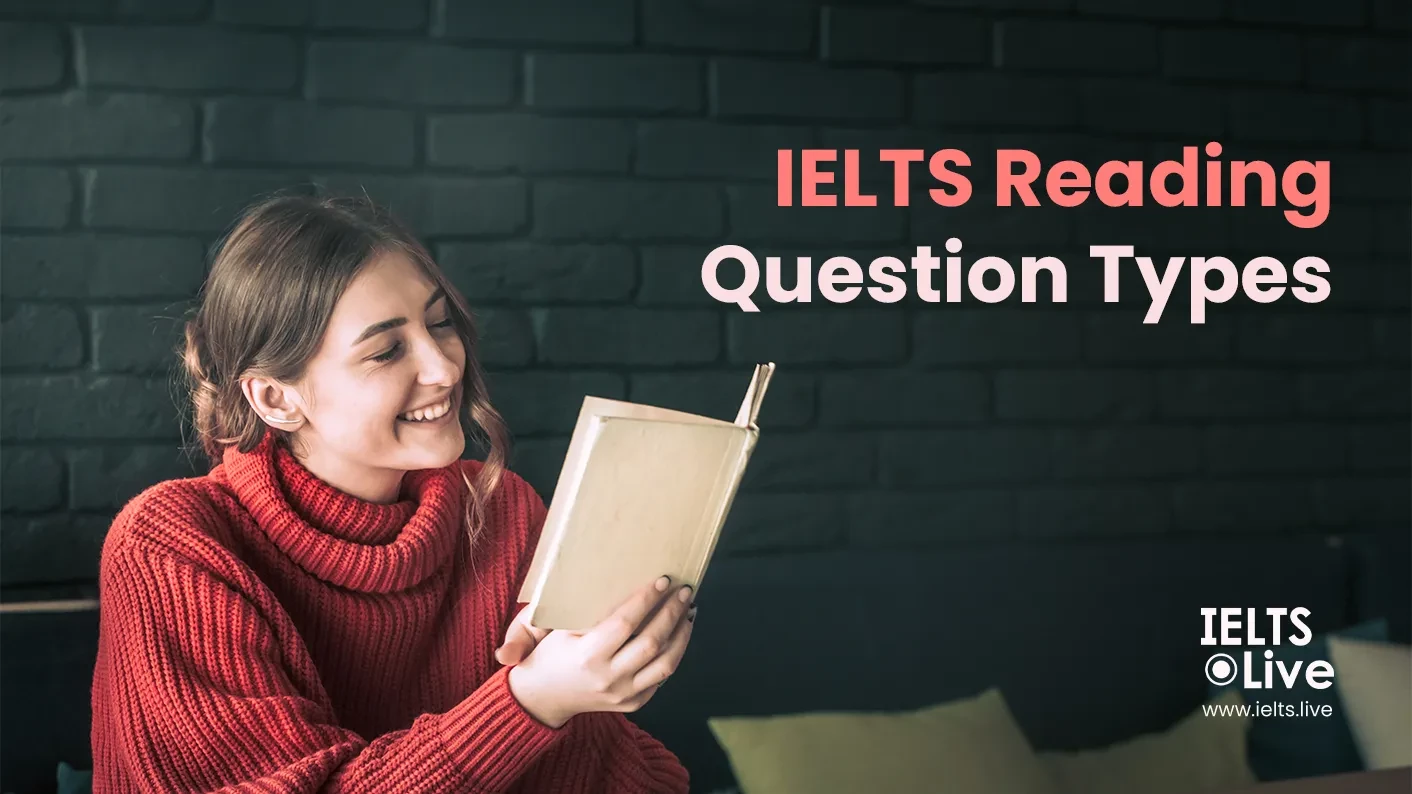
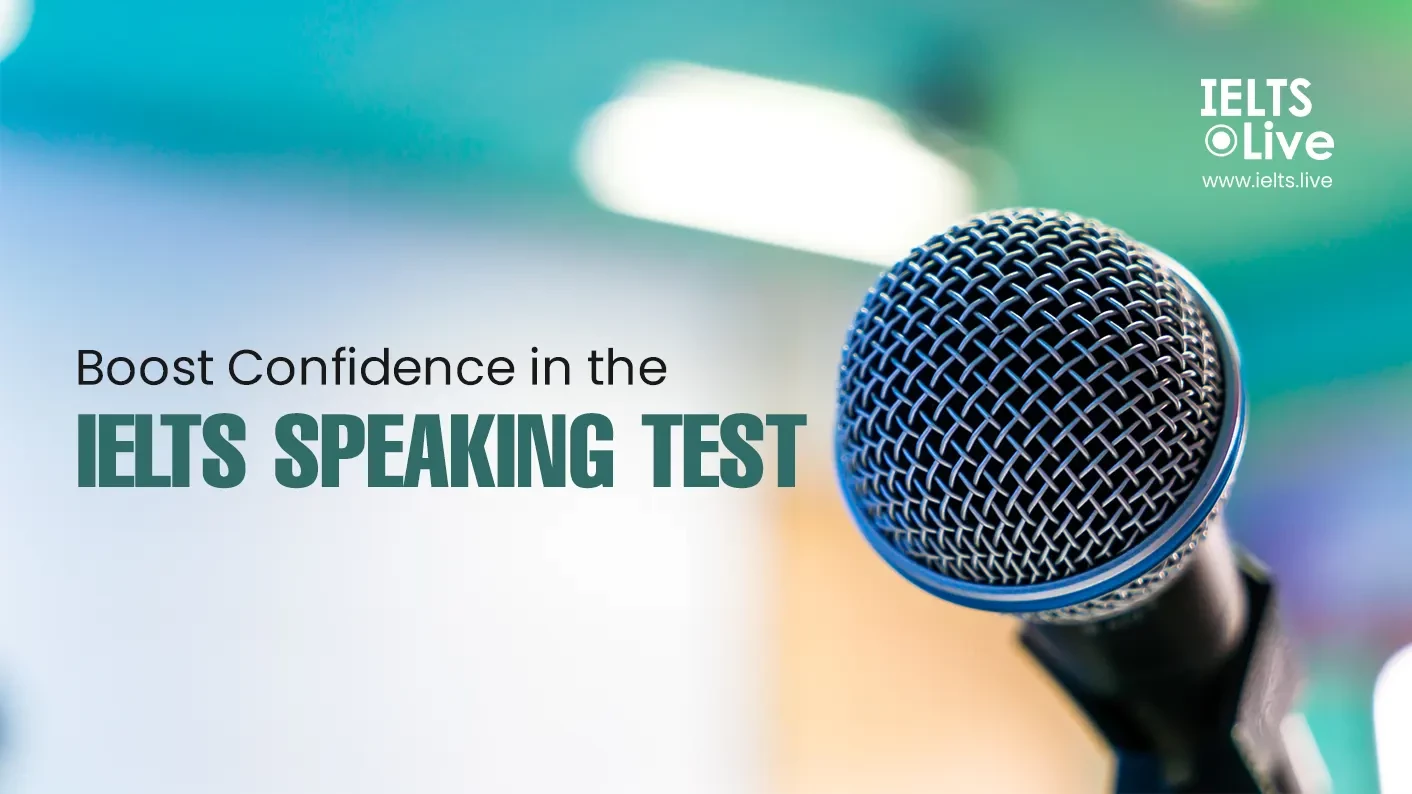
0 COMMENTS